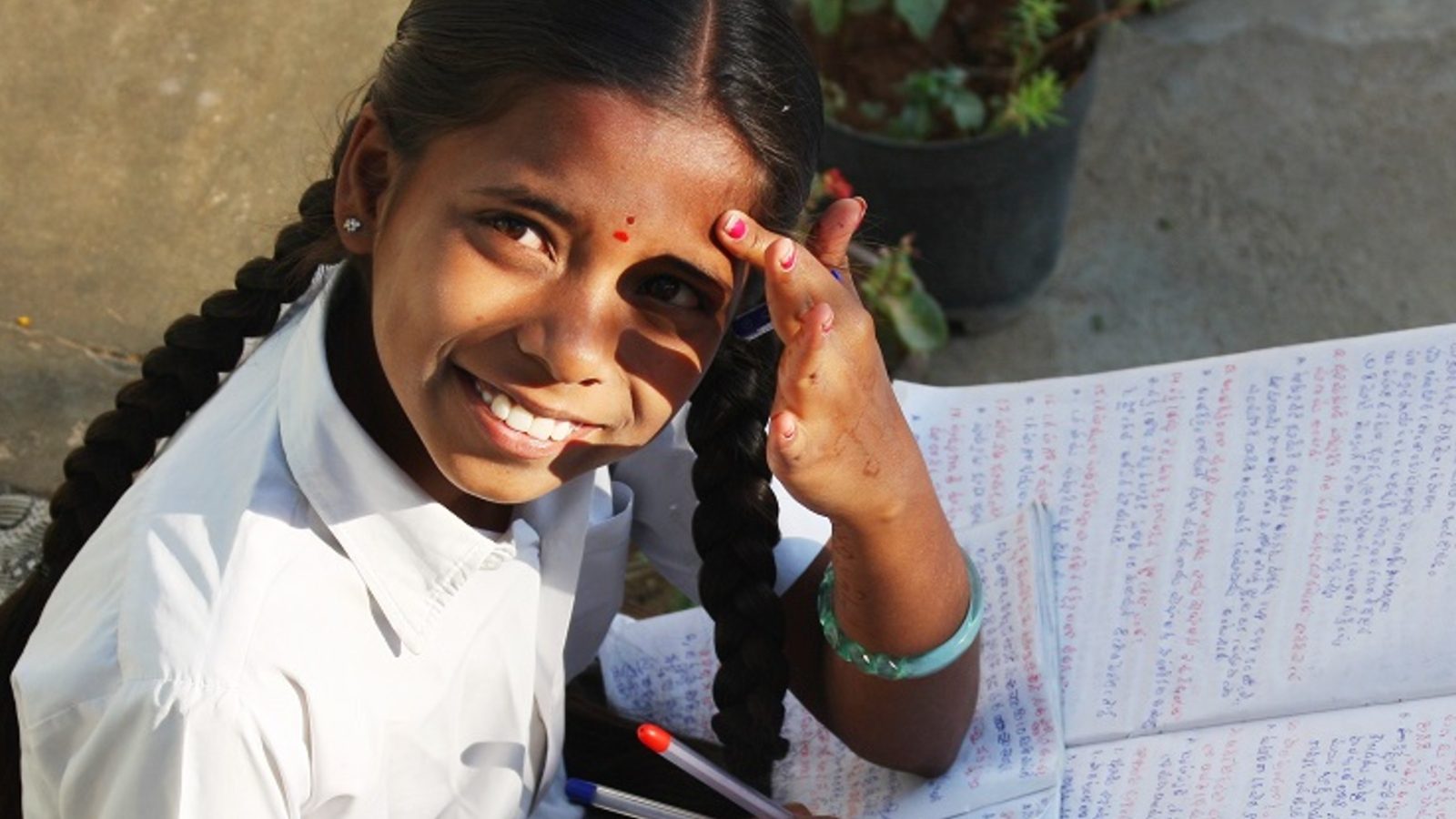New Delhi: The Indian Medical Association (IMA) has opposed the draft postgraduate medical education regulations 2021, published by National Medical Commission, which envisions 100% central allotment for state medical seats.
The draft states that there shall be common admission counselling for all medical educational institutions to all postgraduate broad-specialty courses (Diploma/ MD/ MS) on the basis of the National Exit Test (NEXT), and postgraduate super-specialty courses (DM/MCh) on the basis of National Eligibility-cum-Entrance Test (NEET).
“Entire seats will be filled by the central government and state governments will have no role in this. India being a federal state, leaving the role of states in medical education will be disastrous,” said Dr J A Jayalal, national president, IMA.
The IMA called it against autonomy and envisioned the role of the States in working towards Public Health as the right of the citizens. IMA alleged that the original Medical Council of India (MCI) was functioning with democratically elected state representatives, who voiced for the collective consciousness of State Welfare. However, NMC, full of nominated people, has slowly excluded all State Governments from the administration of Medical Education.
As of date, the broad speciality postgraduation course admission is through the PG National Eligibility cum Entrance Test (NEET). 50% admission is done by the All-India quota by the Director-General of Health Services (DGHS) and the rest 50% seats were admitted by the state government as per the state social justice norms with NEET PG marks by the Directorate of Medical Education of the respective State.
IMA has demanded that the existing system of admission and selection criteria must continue for the PG seats because the state medical colleges are staffed and managed by the budget of state government and when not even 50% of seats are earmarked for the respective state, the maintenance and running of the institution will lose its charm and priority.
“When the students are getting admission in non-native states, the language barrier and social contact will negatively render their services. The compassion, empathy, and community connections are amplified when students are getting in touch with their own known people, instead of people and society not connected with them. The public health system of the state will be jeopardized as the students will not have to serve locally after postgraduation and will go to their native state,” said Dr Jayesh Lele, secretary-general, IMA.
IMA further alleged that NMC is still in a dilemma, and has not given any clarity on the proposed NEXT exam. However, when a student writes the exam, the scores will be valid for three years and they can rewrite the exam only after three years.
As it has proposed to conduct the NEXT exams in 2023, the IMA said, NMC should come out with the pattern and type of examination after having wider democratic consultation with the student’s body, faculty, and States.
Never miss a story! Stay connected and informed with Mint.
Download
our App Now!!
Source link




